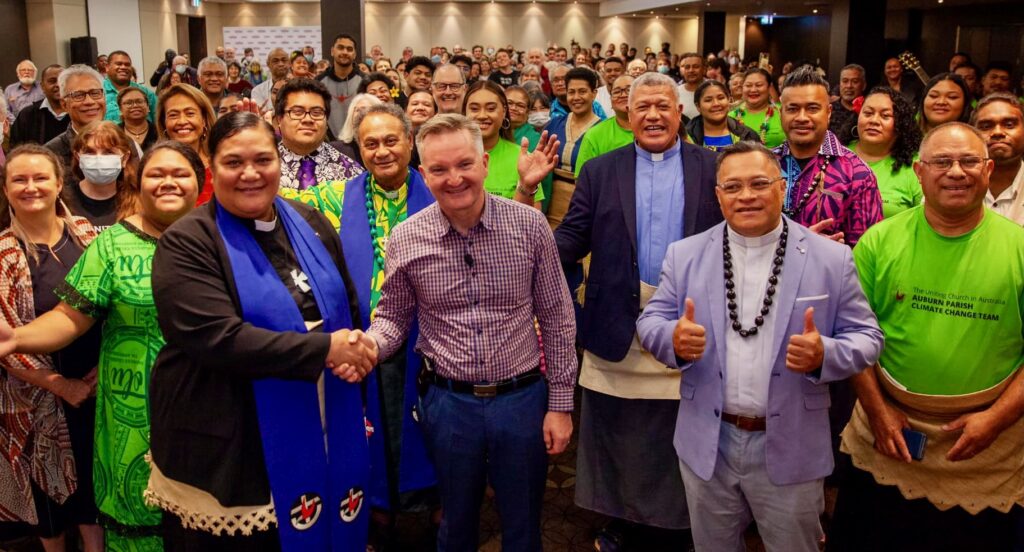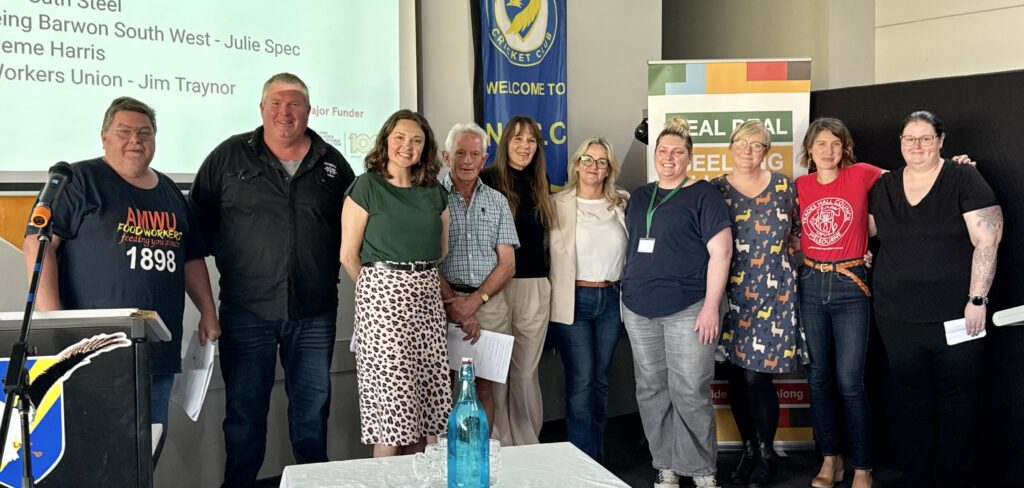Research
Organizing is Not a Silver Bullet
This is a peer-reviewed article that seeks to reframe community organisng – not as a superior form of change making but a strategy with many strengths and limits, that site amongst an ecology of people power strategies.
Summary:
This is a peer-reviewed article that seeks to reframe community organisng – not as a superior form of change making but a strategy with many strengths and limits, that site amongst an ecology of people power strategies.
This article is part of the inagural issue of the community organizing journal that seeks to support reflection and rejuvenation of community organizing practice globally. It is an open access journal and the full paper is available belowl.
Abstract
In proclaiming the strengths of organizing as a way of making change, community organizing practitioners and scholars can sometimes slip into the habit of seeing organizing as superior to other forms of change. This is particularly true of the Alinsky tradition. As long-time organizers and supportive scholars ourselves, it is something that we are not only aware of but guilty of. This article describes this as ‘silver bullet’ thinking, and we explore its lineages and limits in Alinsky-style organizing. We argue that seeing organizing at the top of a hierarchy of strategies can get in the way of organizers finding common cause with people who use different approaches to making change. As a way forward we place community organizing amongst a broader ecology of urban change practices. The paper introduces the concept of people power strategies, drawn from a seven-year study of urban social change across the globe, and documents five dominant people power strategies in the city – playing by the rules, mobilizing, organizing, prefiguring and running for office. We argue that each of these strategies has distinct strengths and limits and has an important place in urban change-making, and that within this ecology organizing has distinct advantages in developing leaders and building relationships across difference. We end by arguing that an ecosystem approach has the potential to help disorganize and reorganize how organizers relate to and build power with others in the city.
Citation:
Tattersall, A., & Iveson, K. Organizing is Not a Silver Bullet: Locating Community Organizing as Part of an Ecology of People Power Strategies that Change Our Cities. (2025). Community Organizing Journal, 1 (1). https://doi.org/10.71057/6xjzem75

More work

Bringing the community in: possibilities for public sector union success through community unionism.
This is an academic peer-reviewed article looking at coalition building in public sector workforces. It examines the Vinson…

Rethinking People Power Strategy in the Climate Movement: lessons from organising with Multicultural Communities in Western Sydney
Over the last decade, several groups in Australia have successfully mobilised against fossil fuel interests. But which ones have gone…

The Relational Method: How Community Organizing Can Reshape University Research
This is an academic peer-reviewed article about the relational method – a form of community engagement that applies…